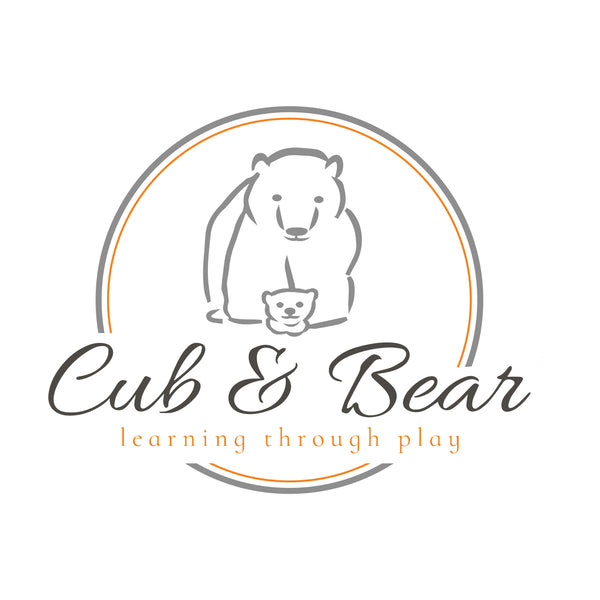Cognitive development lays the foundation for a child's intellectual growth, shaping their ability to learn, understand, and navigate the world around them. In this blog post, we delve into the fascinating realm of cognitive development, exploring its significance and offering guidance on how parents can nurture and support their child's cognitive growth.
Exploration of Cognitive Development:
- Infancy:
- During infancy, cognitive development is marked by the emergence of sensory awareness and basic reflexes.
- Infants begin to explore their environment through sensory experiences and develop early forms of memory and recognition.
- Early Childhood:
- In early childhood, cognitive abilities blossom as children engage in symbolic play, language acquisition, and problem-solving activities.
- Key milestones include the development of language skills, understanding cause and effect, and forming basic concepts of time, space, and quantity.
- Middle Childhood:
- Middle childhood is characterized by significant advancements in cognitive skills, including improved memory, attention, and logical reasoning.
- Children become more adept at abstract thinking, categorization, and complex problem-solving tasks.
- Adolescence:
- During adolescence, cognitive development continues to mature, with adolescents gaining greater autonomy and independence in their thinking.
- Critical thinking skills, perspective-taking abilities, and decision-making capabilities undergo further refinement, preparing adolescents for adulthood.
Tips for Supporting Cognitive Development:
- Provide Stimulating Environments: Offer a variety of toys, books, and activities that stimulate different senses and encourage exploration and discovery.
- Encourage Curiosity: Foster a sense of curiosity by asking open-ended questions, encouraging experimentation, and providing opportunities for hands-on learning.
- Promote Problem-Solving Skills: Engage children in puzzles, games, and creative challenges that require them to think critically and find solutions independently.
- Model Positive Behaviour: Demonstrate problem-solving strategies, decision-making processes, and logical reasoning in everyday situations to serve as a role model for children.
Age-Appropriate Activities for Cognitive Development:
- Infants: Introduce simple sensory toys, baby-friendly board books, and peek-a-boo games to stimulate cognitive development.
- Toddlers: Engage toddlers in shape-sorting toys, stacking blocks, and simple puzzles to promote cognitive skills and hand-eye coordination.
- Preschoolers: Encourage imaginative play, storytelling, and pretend play scenarios that involve problem-solving and creative thinking.
- School-Aged Children: Challenge school-aged children with age-appropriate puzzles, math games, and science experiments that stimulate logical reasoning and critical thinking.
Cognitive development is a remarkable journey that shapes the way children perceive and interact with the world. By understanding the stages of cognitive development and implementing strategies to support it, parents can empower their children to reach their full potential and thrive intellectually. Let's embark on this enriching journey of nurturing young minds and fostering a lifelong love for learning and exploration.

